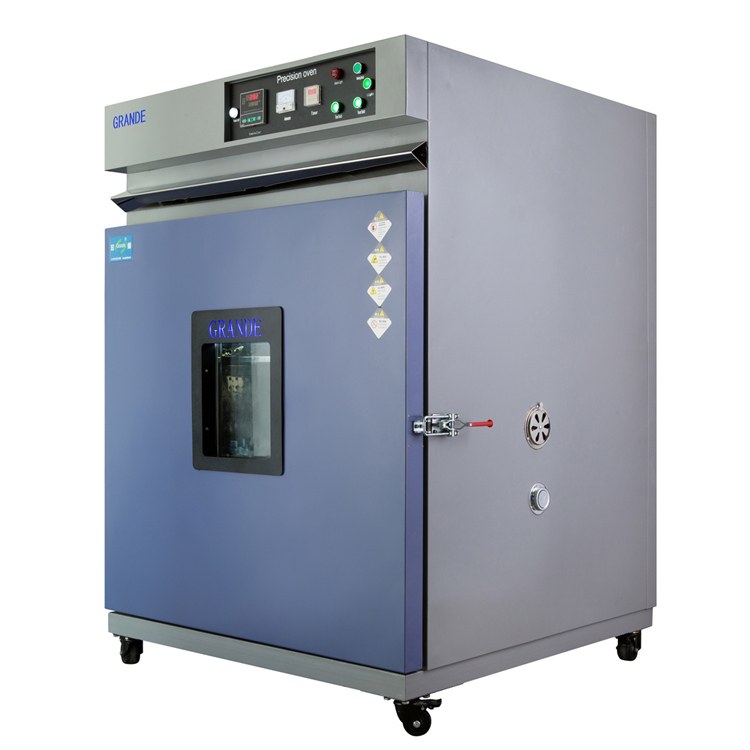
Title: Industrial dryers and ovens: applications and technologies in production and beyond
Introduction: Industrial dryers, ovens and kilns are important equipment used in various industries for drying, curing and heat treating materials. From removing moisture from products to curing coatings and heat treating, this equipment plays a critical role in improving product quality, reducing production time and ensuring consistency in production processes. In this article, we will look at the applications, technologies and benefits of industrial dryers, ovens and kilns in the manufacturing, food and ceramics industries.
Industrial Dryers: Industrial dryers are used to remove moisture or solvents from materials through evaporation or desorption processes. These dryers are available in a variety of configurations, including rotary dryers, fluid bed dryers and tray dryers, each to suit different materials, capacity requirements and drying conditions. Industrial dryers are used in industries such as chemical, pharmaceutical, textile and agricultural industries to dry powders, granules, bulk materials and liquid suspensions. They play a critical role in reducing moisture content, increasing product stability and extending the shelf life of finished products.
Industrial Ovens: Industrial ovens are used for heating, baking, curing and heat treatment in the manufacturing and food processing industries. These kilns come in a variety of designs, including batch kilns, conveyor kilns and tunnel kilns, tailored to specific heating requirements, temperature ranges and production volumes. Industrial ovens are used in industries such as automotive, electronics, aerospace and bakery to cure coatings, anneal metals, bake foods and perform heat treatment. They provide precise temperature control, uniform heating and consistent results, ensuring product quality and process efficiency.
Industrial Kilns: Industrial kilns are high-temperature kilns used for firing ceramics, glass and refractory materials in manufacturing and construction industries. These furnaces use direct or indirect heating methods to achieve desired temperatures through sintering, melting or annealing processes. Shuttle kilns, tunnel kilns, and rotary kilns are common types of industrial kilns, each offering distinct advantages in terms of heating efficiency, product loading, and firing cycles. Industrial kilns are essential for the production of ceramic tiles, bricks, glassware and refractory products, providing a controlled heating environment to achieve desired material properties and product characteristics.
Manufacturing Applications: In manufacturing, industrial dryers, ovens and kilns play a vital role in various processes such as drying coatings, curing adhesives and heat treating materials. Industrial dryers remove moisture from chemicals, pharmaceuticals and agricultural products, ensuring product quality and stability. Industrial ovens are used to cure paints, powders and composite materials in the automotive, aerospace and electronics industries, improving surface finish and performance. Industrial kilns are used to fire ceramics, glass and refractory products, turning raw materials into durable and functional components for construction, automotive and consumer products.
Food Industry Applications: In the food industry, industrial dryers and ovens are essential for drying, baking and cooking food products such as cereals, fruits and baked goods. Industrial dryers remove moisture from fruits, vegetables and grains, extending shelf life and preventing spoilage. Industrial ovens are used to bake bread, cookies and cakes, providing even heating and precise temperature control to ensure consistent product quality. Industrial ovens also play an important role in the preparation of meat, poultry and prepared foods, ensuring food safety and improving taste in commercial kitchens and food processing plants.
Ceramic Applications: In the ceramics industry, industrial kilns are indispensable for firing clay, porcelain and pottery to achieve the desired hardness, strength and aesthetic qualities. Industrial kilns provide a controlled heating environment for sintering ceramic materials, melting glazes, and fusing decorative elements onto surfaces. Kilns are used in the production of ceramic tiles, pottery and glassware, allowing artists and manufacturers to create durable and aesthetically pleasing products for architectural, decorative and functional applications.
Conclusion: Industrial dryers, ovens and kilns are versatile and indispensable equipment used in various industries for drying, curing and heat treating materials. From the manufacturing and food processing industries to ceramics, this equipment plays a critical role in improving product quality, reducing production times and ensuring consistency in production processes. By leveraging advanced technology and optimizing process parameters, producers and processors can achieve greater efficiency, quality and competitiveness in today's dynamic industrial environment.






